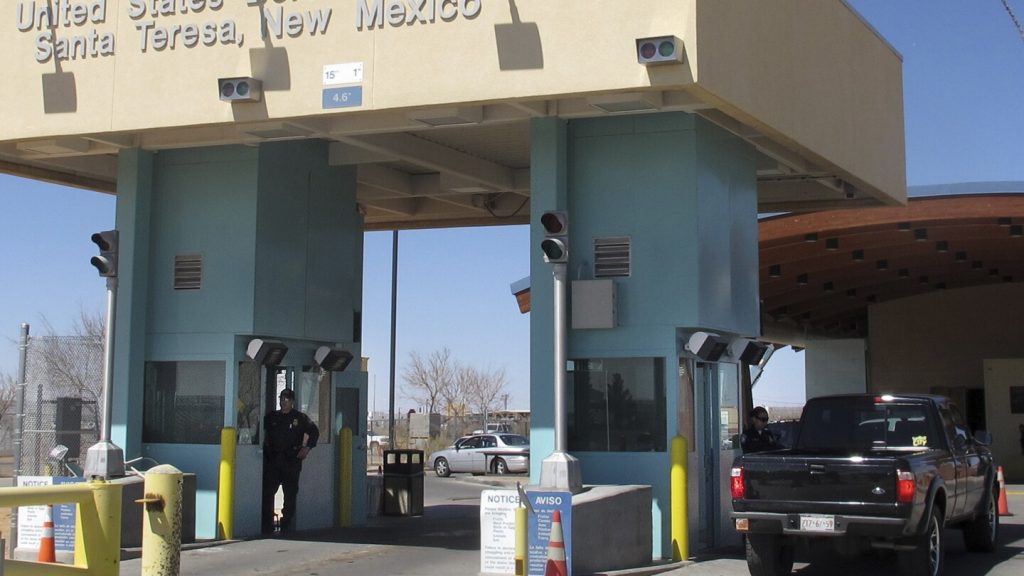Border Patrol asserts authority to seize cannabis shipments in southern New Mexico, causing disruptions in the state’s legal cannabis industry. Governor Michelle Lujan Grisham voiced concerns to U.S. Homeland Security Secretary Alejandro Mayorkas about the increased scrutiny on cannabis companies in New Mexico compared to other states with regulated markets. Despite assurances from Mayorkas that federal policies regarding legalized cannabis have not changed, the state is working on a strategy to protect its cannabis industry, which has generated over $1 billion in sales since regulation began two years ago.
Cannabis transport drivers in New Mexico have reported being detained for hours while their supplies are seized at Border Patrol checkpoints located about 60 miles from the U.S. border. Managers at 10 cannabis businesses, including transporters, have petitioned New Mexico’s congressional delegation to broker free passage of shipments, citing concerns about job losses and financial investments at stake. They are requesting that operators who have had their products seized by federal authorities either have their products returned or be compensated for their losses.
U.S. Senator Martin Heinrich has criticized the Department of Homeland Security for focusing on seizing cannabis shipments in compliance with state law instead of prioritizing urgent issues like stopping the flow of illicit fentanyl. Heinrich called for resources to be used to maximize residents’ safety and not distract from it. The U.S. Border Patrol sector overseeing New Mexico reiterated that cannabis is still classified as a Schedule 1 drug under federal law, emphasizing that the sale, possession, production, and distribution of marijuana remain illegal at the federal level.
Matt Kennicott, owner of a cannabis business in Socorro, expressed confusion over the sudden seizures of cannabis shipments by Border Patrol, which started in February without warning. He highlighted the uncertainty created by the seizures, especially for cannabis producers in southern New Mexico who rely on testing labs located farther north to ensure their products meet safety standards. Kennicott described the situation as “a lot confusing” and expressed the challenges in navigating the directives from federal authorities regarding cannabis transportation.
The U.S. Border Patrol’s actions in seizing cannabis shipments have drawn attention to the ongoing conflicts between state and federal regulations on marijuana. While some states have legalized recreational and medical marijuana, it remains illegal at the federal level. The disruptions to New Mexico’s cannabis industry highlight the challenges faced by businesses operating in states where marijuana is legal but subject to federal restrictions. The state government and industry stakeholders are now working to find a solution to protect the interests of licensed cannabis providers and ensure the sustainability of the legal cannabis market in New Mexico.


